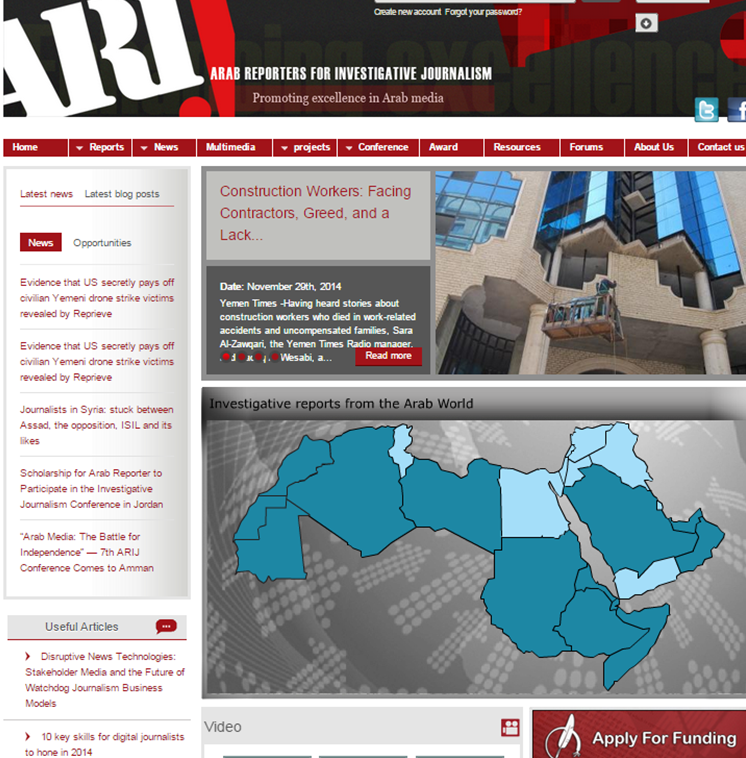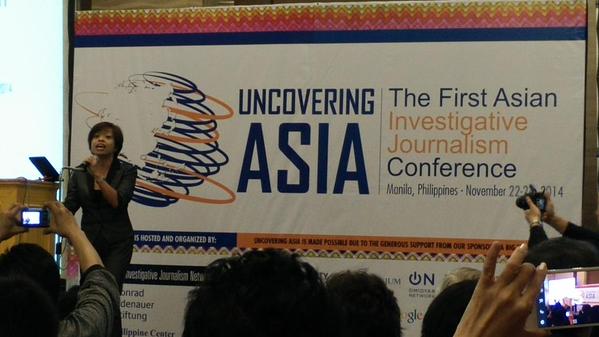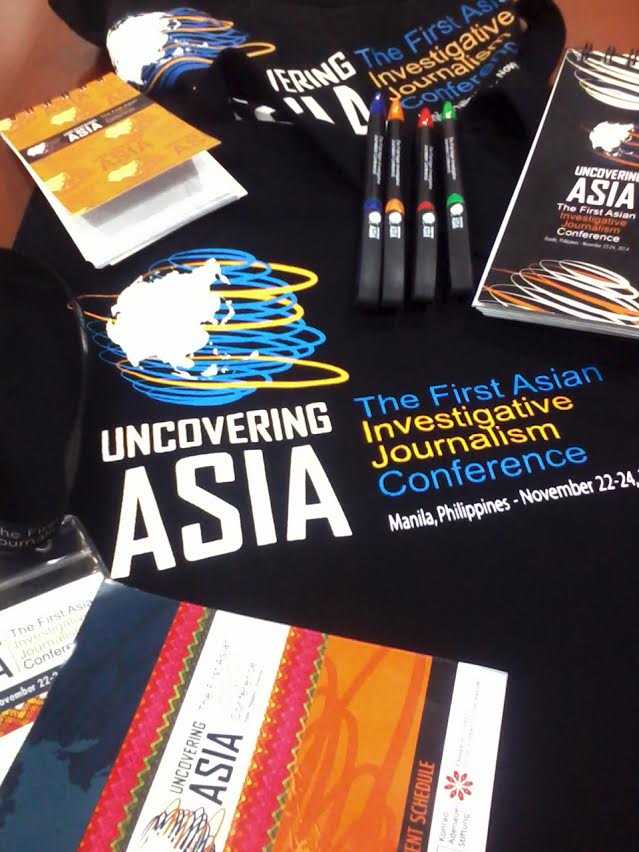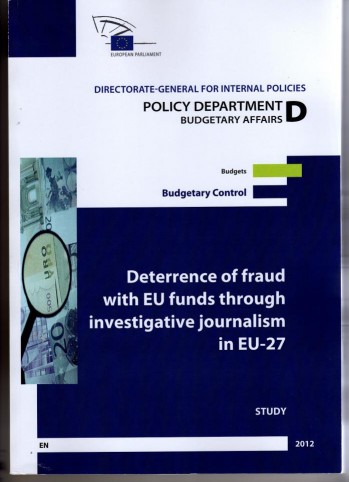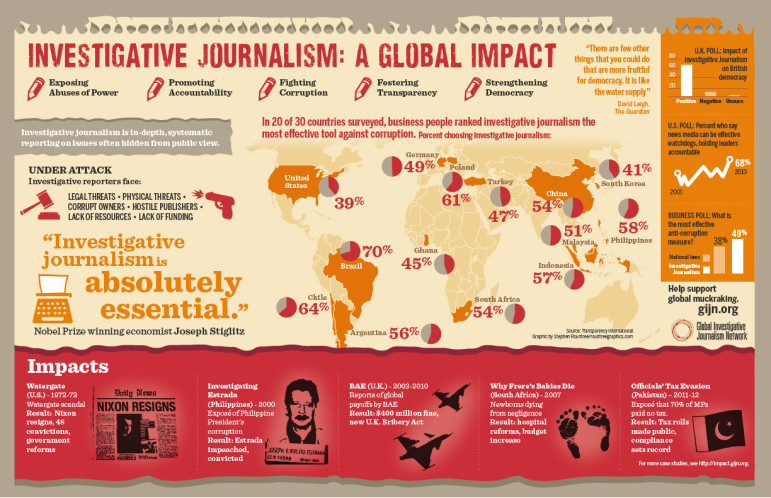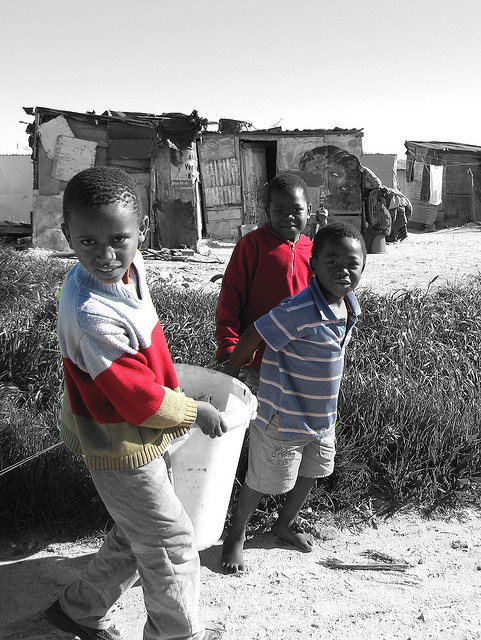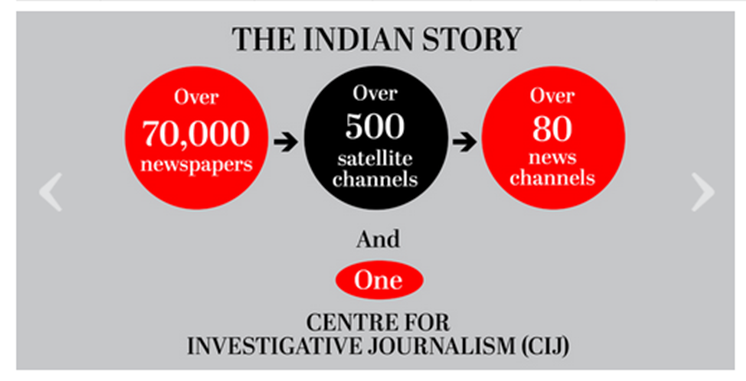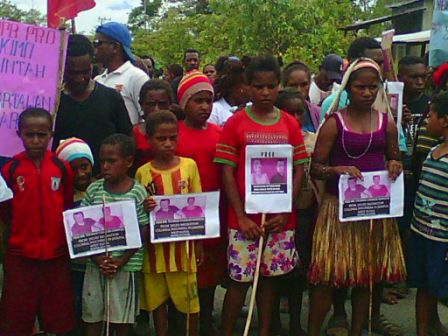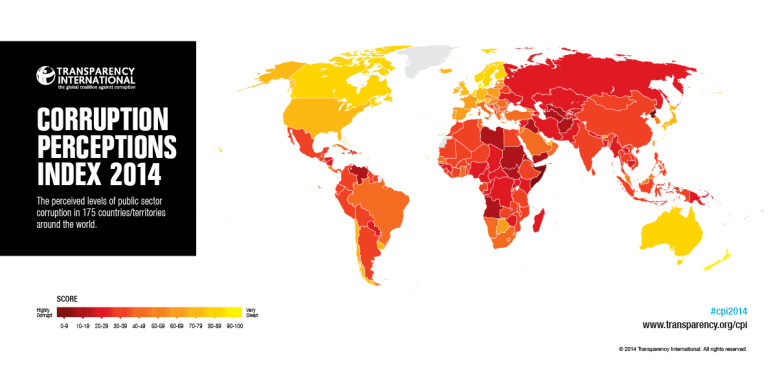
News & Analysis
New Transparency Index Finds the World Mired in Corruption
New corruption rankings were released this week by Transparency International, and they find the world steeped in corrupt practices, regardless of economic growth. More than two thirds of the 175 countries ranked scored under 50, on a scale from 0 (highly corrupt) to 100 (very clean). Denmark grabbed the top score, with 92, while North Korea and Somalia notched last, with an 8 score.

